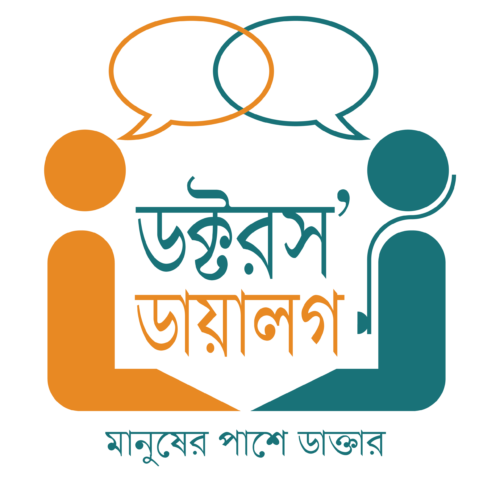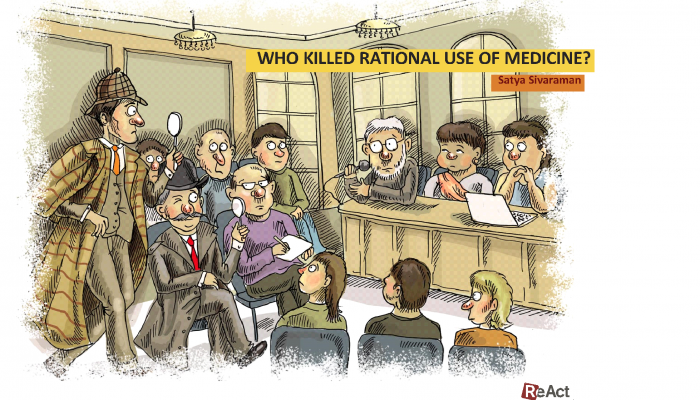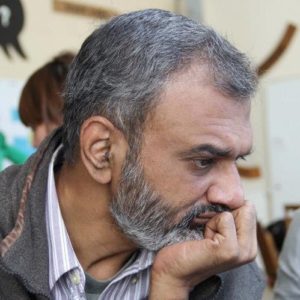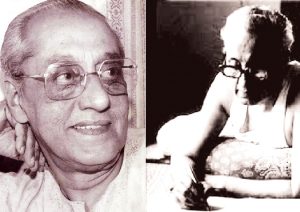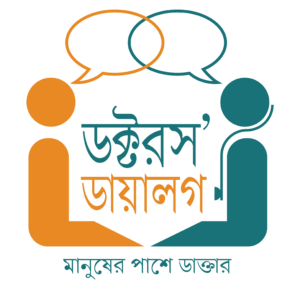The Workshops
It was time for the conference workshops to begin. The overarching theme was ‘Empowering People to Improve the Use of Medicines’. Sholmes and Whatsup decided to break up and weave in and out of the workshops to get a good idea of what was being said and debated.
The workshops were the real meat of the entire three-day conference, where presentations were designed to bring out learnings about empowerment and local contexts.
What Sholmes and Whatsup were impressed by was the very fact that there were so many highly motivated health researchers, activists, professionals who were trying their best to understand health and medicine differently, specifically from a bottom-up, people-focused perspective.
Despite having very few resources on hand, they were trying to engage with local communities to bring out their problems or figure out what kind of processes work best with them. And doing this, as much as possible, with methods or evidence acceptable to the larger community of professional researchers worldwide.
The usual demand of the scientific community was for evidence collected ‘objectively’, which was usually interpreted as ‘standing at a distance’ from what was being studied. Some researchers were pioneering methods that could match the new paradigm in knowledge production, which called for greater participation of the subject being studied in the final output of research.
Whatsup found himself in a small conference room with a couple of dozen delegates. The air conditioning was freezing – a clear case of irrational use of energy. He wondered how in a world where nothing was particularly very reasonable everyone was expected to practice something called ‘rational use of medicine’. Many things – the way we use energy, other resources, the inequities of power, gender, race, knowledge – everything had to change before the way we use medicine also improved, he thought.
The first presentation was on the theme of achieving quality use of medicines by focusing on the patient and not the medicines themselves. Discussing the experience of rising opioid use in Australia, resulting in the deaths of many such users, the talk highlighted the primacy of the consumer.
A complex set of factors were involved in driving patients with chronic non-cancer pain to use opioids. Social learning theory, which says that people learn by observing and imitating others, could help us understand both the complex drivers of pain and provide a way to respond.
To be continued…
